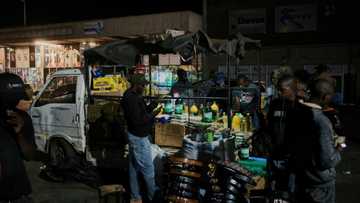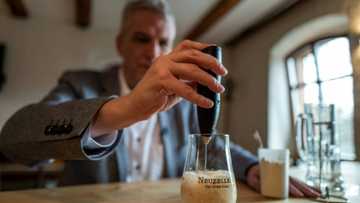Whisky lifts spirits of inflation-hit investors
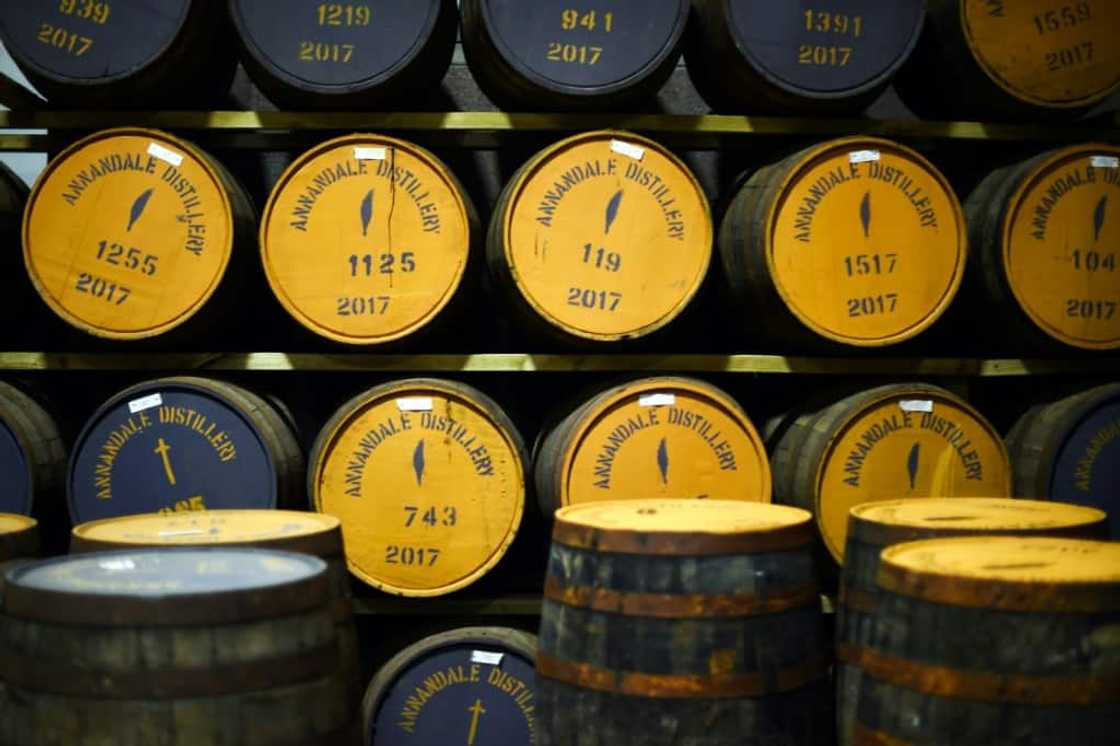
Source: AFP
PAY ATTENTION: Never miss breaking news – join Briefly News' Telegram channel!
The smell of ageing whisky, known as the angel's share, wafts across from 9,000 oak barrels stored from floor to ceiling in two vast warehouses at Scotland's historic Annandale Distillery.
"Annandale has seen a huge boom over the last few years," the facility's general manager David Ashton-Hyde told AFP as workers milled around the site to check the vast casks for leakages.
Whisky is toasted by some industry experts who describe it as liquid gold, yet others call for caution owing to scams.
The spirit is surging in popularity as inflation stays stubbornly high, with many investors keen to diversify assets to safeguard their cash.
Alternative investment
"Whisky has always been an asset class which has performed," said Benjamin Lancaster, a founder of VCL Vintners, which specialises in marketing casks.
PAY ATTENTION: Сheck out news that is picked exactly for YOU ➡️ click on “Recommended for you” and enjoy!
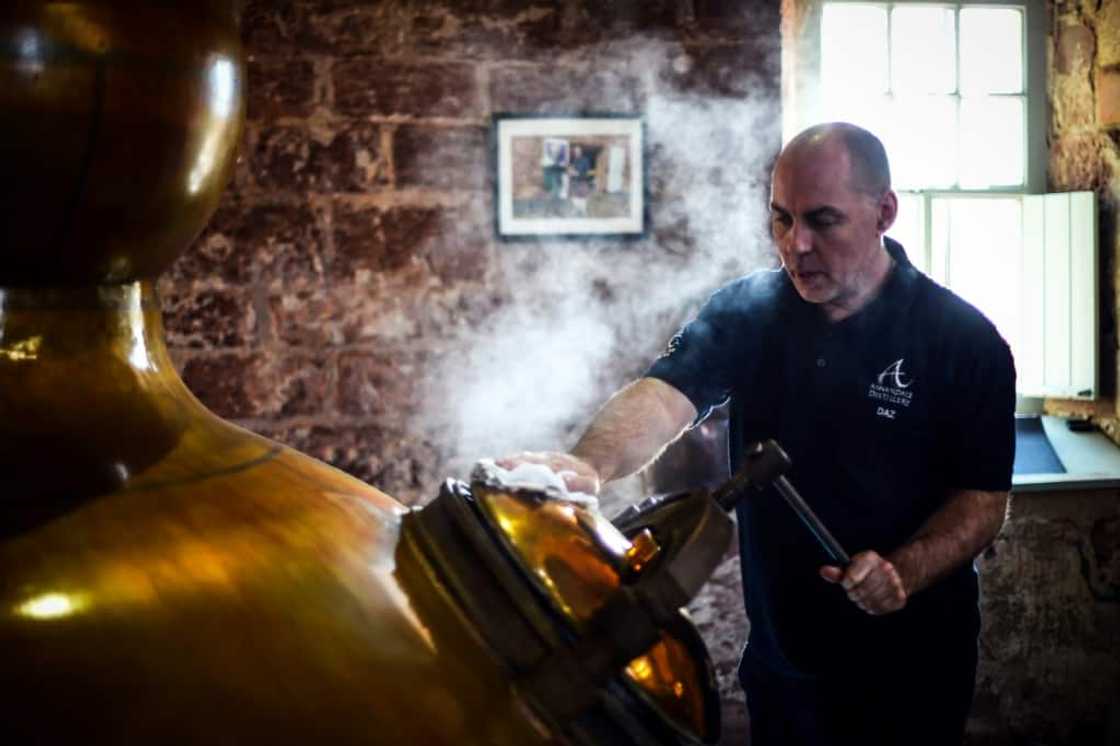
Source: AFP
Annandale, in the Scottish borders, sells its whisky both directly to customers worldwide and also via two specialist investment firms, one of which is London-based VCL.
The global whisky market hit $87 billion (81 billion euros) last year, according to drinks market research firm IWSR, which forecasts it will top $100 billion before the end of the decade.
The sector has been boosted by some record announcements in recent years, including the sale last year of one cask of single malt whisky for £16 million.
It was sold by Ardbeg Distillery, which is owned by luxury goods group LVMH, on the western isle of Islay.
The market for rare bottles of whisky has meanwhile taken off in the past decade, with annual price increases of 20 percent on average, according to Bordeaux Index.
"Alternative investments appear to be luring in more people, partly through frustration with returns from the stock markets, which have been hit with waves of volatility as inflation has soared," noted Susannah Streeter, head of money and markets at Hargreaves Lansdown.
Big risk
"Figures showing dramatic increases in price are often specific to a type of rare-bottled whisky," Streeter added.
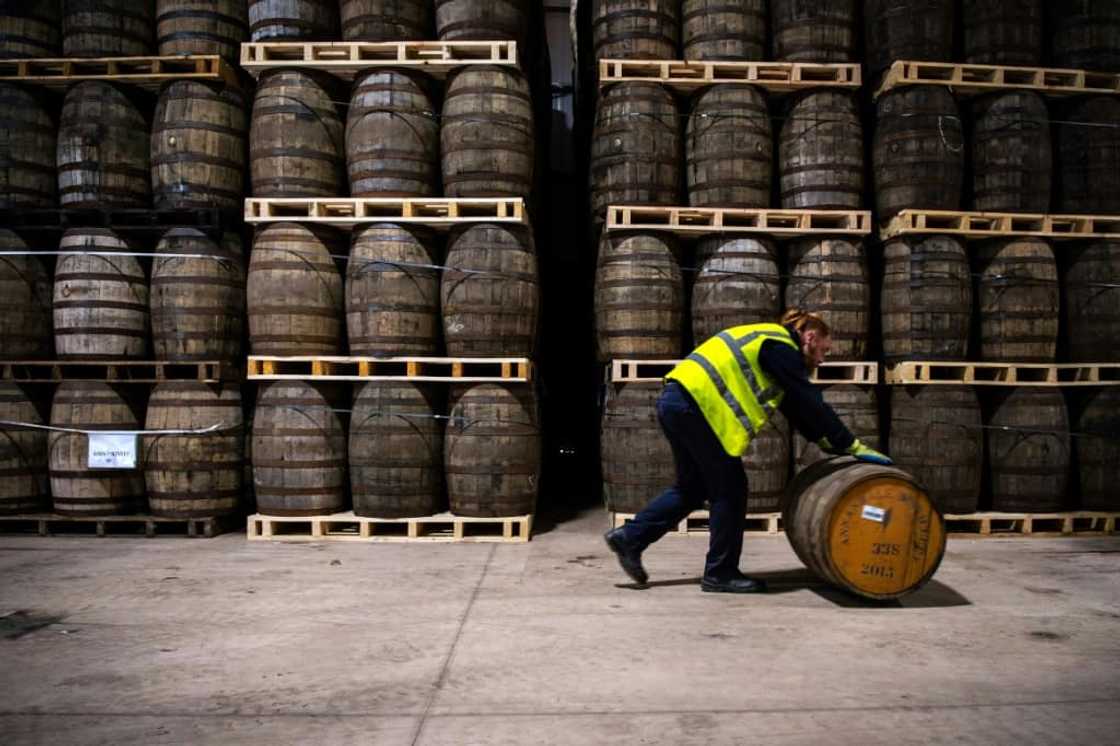
Source: AFP
"If you aren't an expert and haven't done your homework, there is a big risk that you could be duped out of hard-earned savings."
Ashton-Hyde conceded that "the world of whisky investment is sometimes a bit murky".
He told AFP that worried investors want assurance their casks are safely stored.
Whereas investors can keep their bottles at home, UK-produced casks of whisky must be stored in the region where the spirit was made.
Individuals can purchase a 200-litre cask from Annandale, starting at £3,000 ($3,730) for newly-produced whisky from the distillery founded in 1836.
It was later operated by Johnnie Walker and Sons, before closing for almost a century until its reopening in 2014.
According to Ashton-Hyde, the price of most of its casks doubles in value within five years, while trebling over a decade.
Limited supply
"The main attraction of aged whisky as an investment is that supply is limited," said Tommy Keeling, head of IWSR.
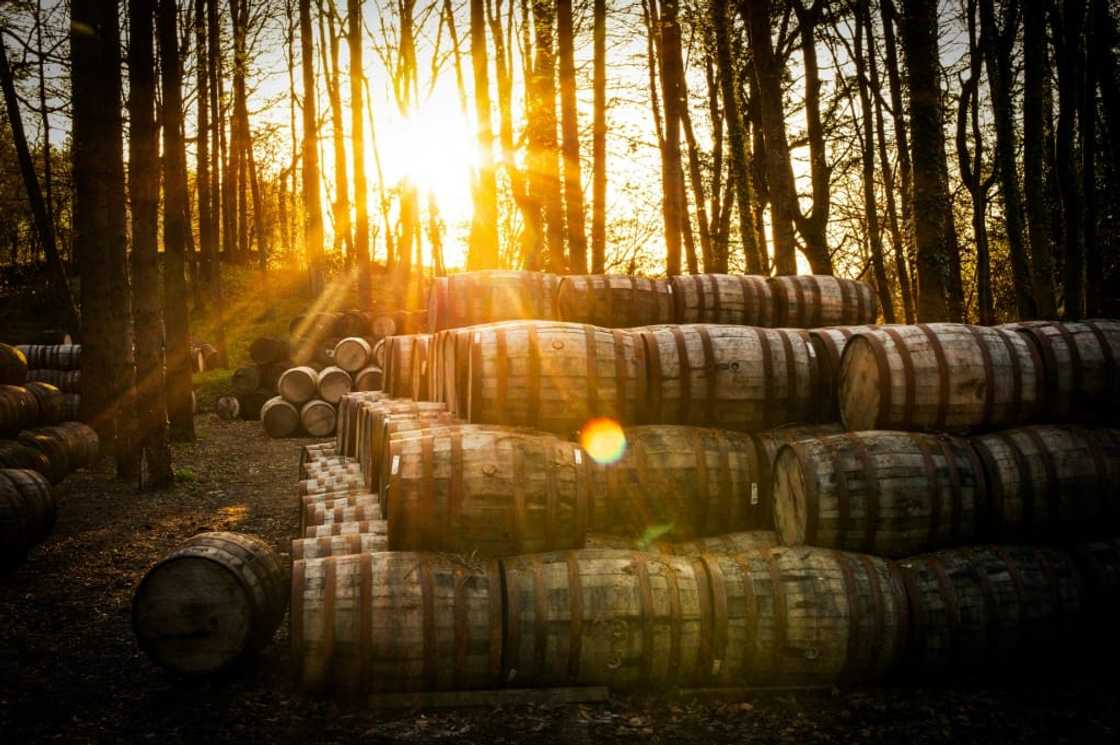
Source: AFP
"Most products were created decades ago."
IWSR forecasts the whisky industry will hit $105 billion by 2027, driven largely by Scotch whisky but also by growth in Japanese and US offerings.
Keeling pointed to increasing investment demand especially in China, but also in India which has "a big whisky-drinking tradition".
He added that "the pandemic also played a role" as consumers had time to look into investing.
According to consultants Knight Frank, investment in rare bottles of whisky have been more profitable over the past decade compared with high-end cars, fine wines and luxury watches.
But their progress is seen slowing, with such bottles rising only three percent in value last year, far below inflation levels around the world.
As for casks, a good annual return would be 8-12 percent, according to Lancaster at VCL Vintners, enough to attract a wide spectrum of investors.
Customer enquiries at VCL have meanwhile jumped over the past year.
As for Annandale, Ashton-Hyde said it was focused on a quality product.
"Annandale as a distillery doesn't offer returns on investment," he insisted.
"That's not our business. We're in the business of making a wonderful spirit."
PAY ATTENTION: Сheck out news that is picked exactly for YOU ➡️ click on “Recommended for you” and enjoy!
Source: AFP

